5 Innovative Study Techniques to Boost Your Learning in the New Year
5 Innovative Study Techniques to Boost Your Learning in the New Year
Discover five innovative study techniques supported by research to try this year. From the brain-boosting effects of physical activity to leveraging technology and optimising sleep, we'll guide you through five strategies to enhance your learning experience in 2024.
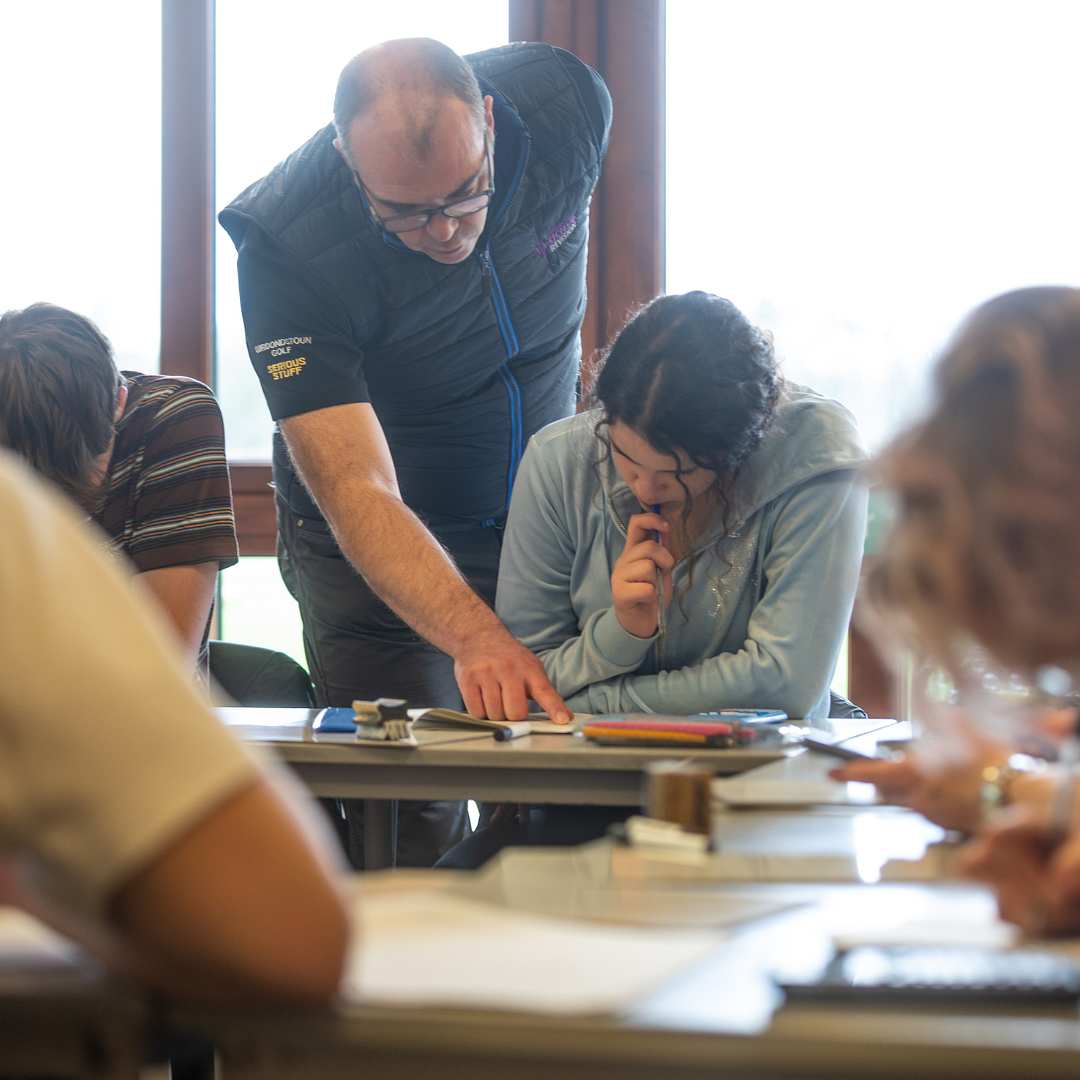
1. Physical Activity to Boost Brain Function
Evidence suggests that increasing physical activity may improve your academic performance. The hippocampus, the brain's centre of learning and memory, has been shown to respond strongly to aerobic exercise, growing as you get fitter. Physical activity and exercise has also been shown to have a positive impact on sleep quality and reduce the negative effects of stress, leaving students more able to focus on studying.
Exercise can also have a more immediate effect on learning. Exercising while studying has been shown to increase knowledge retention, so why not try walk-and -talk study sessions this year?
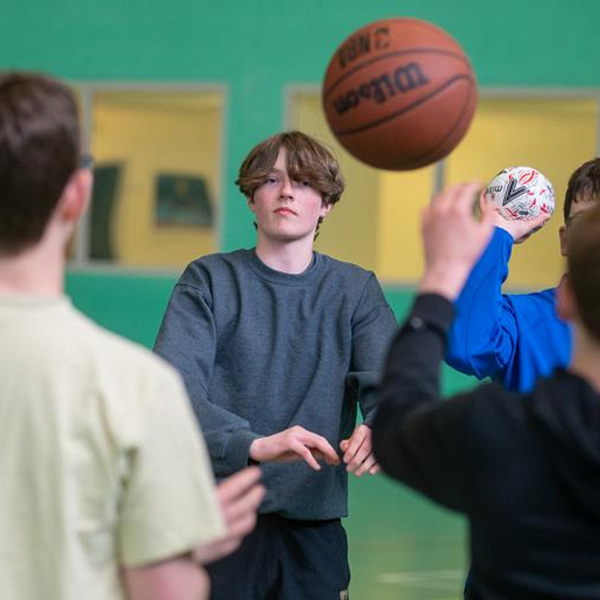
2. Utilising Technology for Dynamic Learning
Gamification of learning has been shown to increase students' motivation and engagement in study by making learning more enjoyable. Make your studying more engaging by using apps like forest or habitica to keep you off your phone and motivated to learn.
A technology that has been making strides in 2023 is AI. Utilise AI chatbots like ChatGPT to develop a study programme, summarise study resources, test your knowledge by creating quiz questions based on your study content, or even turn your notes into a creative rap or poem! The opportunities are endless.
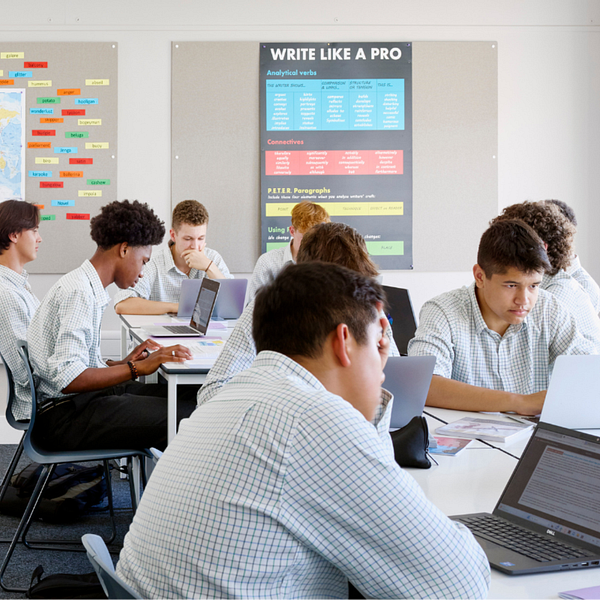
3. Sleep Hygiene for Study Success
Sleep quality, duration, and consistency are all associated with better academic performance. To get better sleep, practise good sleep hygiene - this includes having a regular sleep routine, using strategies like reading or meditation to unwind and prepare your body for sleep, and avoiding electronic devices at least an hour before bed.
At Gordonstoun our innovative new mobile phone policy which limits mobile phone use including requiring students to hand in their mobile phones overnight has garnered national attention, with education experts speaking out in support of banning mobile phones in the classroom.
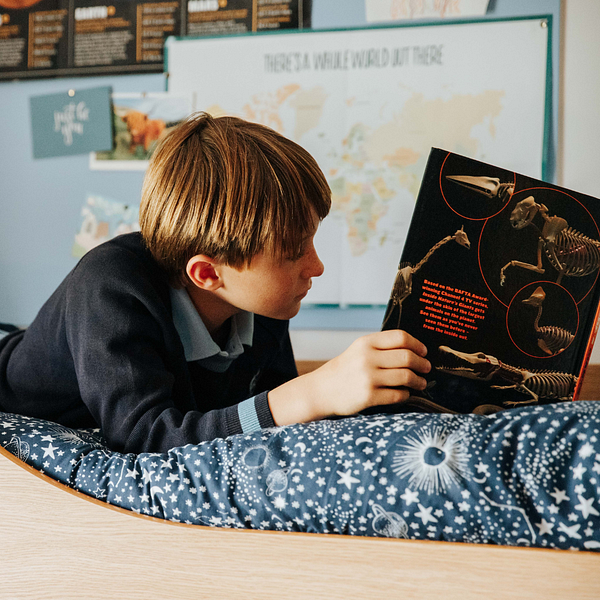
4. Brain Food for Thought
Diet has been shown in numerous studies to have a positive effect on academic success. Particularly students who eat a good breakfast, eat regular meals, and meet their national daily recommendation of fruits and vegetables have been shown to achieve better results.
What about studying superfoods? Nuts and seeds contain fatty acids shown to boost memory and improve concentration, berries contain antioxidants which help keep our memories sharp as we age, and eggs are full of nutrients associated with brain health and improved cognition. Incorporating these superfoods into your diet could improve your study success.
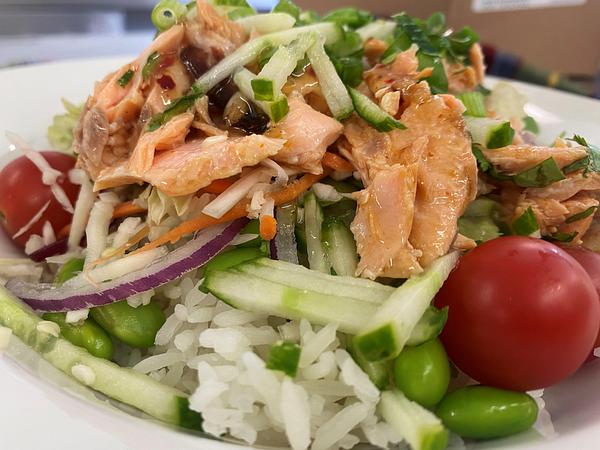
5. Effective Study Breaks
Research shows that purposeful study breaks help to refresh the brain and body, increasing alertness, motivation, and focus. Scrolling on your phone doesn’t cut it, and has actually been shown to increase the time it takes to complete a task by up to 19%. Instead use your study breaks in a more purposeful way, as a chance to take a walk and reconnect with nature, practise mindfulness with a quick yoga exercise or meditation, or enjoy a healthy snack.

Ready to transform your studying in 2024? Join us for Active Revision at Gordonstoun this Easter, where we merge GCSE revision with brain-boosting activities, a healthy menu, and opportunities to recharge in the Scottish wilderness, for an unparalleled learning experience. Visit activerevision.org.uk to find out more.